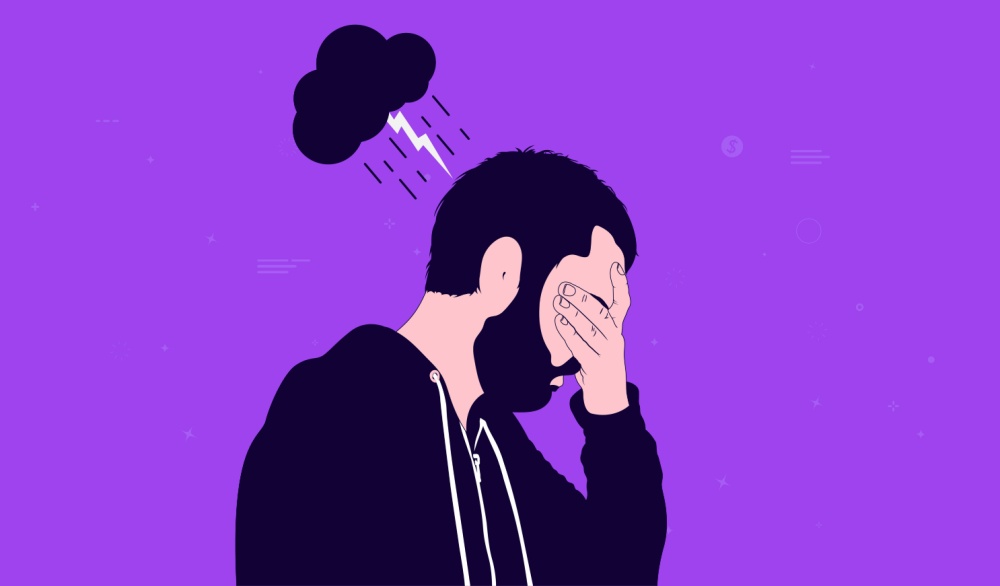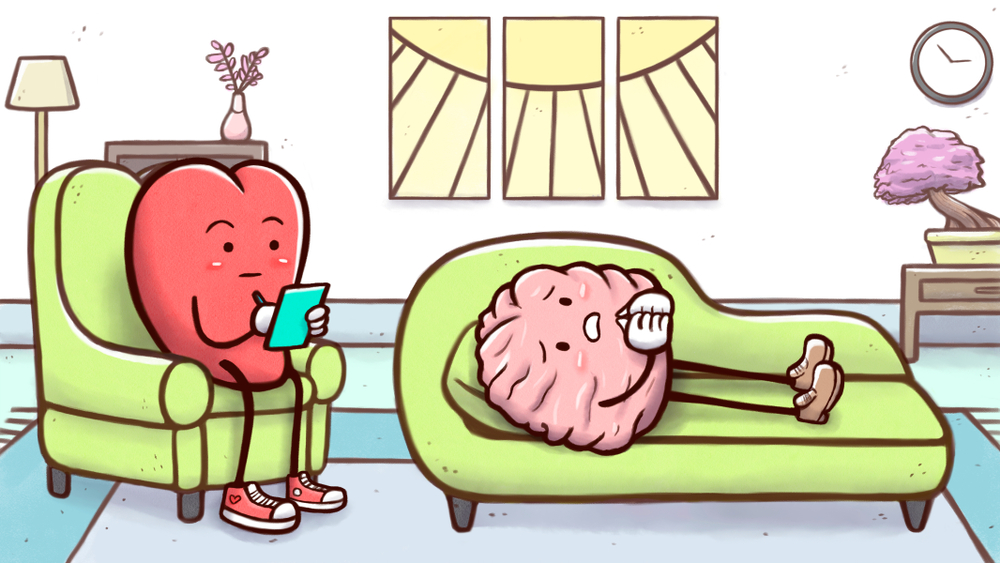In conjunction with Moovember, Dr Serena In, clinical psychologist and senior lecturer at IMU University, tackles one of the hardest conversations to have — men’s mental health — and why it can no longer be ignored.
WORDS LIM TECK CHOON
 FEATURED EXPERT FEATURED EXPERTDR SERENA IN Consultant Clinical Psychologist and Senior Lecturer Department of Psychology and Counselling School of Psychology and Social Sciences IMU University |
“Do we really have to use that term? It makes people uncomfortable.”
“Therapy? No, that’s for unstable people.”
“It’s nothing. I’m fine.”
If you’ve heard these before or said them yourself, you’re not alone. Talking about mental health is never easy, and for many men, it feels like breaking an unspoken rule.
THE STIGMA REMAINS STRONG
The stigma surrounding mental health in Malaysia remains strong, says Dr Serena In, but denial doesn’t make it go away.
- In 2015, the prevalence of mental disorders stood at 29%, a threefold jump from 1996.
- By 2023, around 1 million Malaysians aged 16 and above were living with depression, more than double the 2019 figure.
It’s clear that mental health is a national concern. But for men, the struggle runs deeper — tangled up in long-held beliefs about masculinity, strength, and what’s “acceptable.”
THE MENTAL HEALTH STRUGGLE IN MEN
“In many instances, women are more likely to acknowledge and share their feelings with friends. However, men are expected to be stoic, strong, and unemotional,” says Dr Serena.
- These expectations get reinforced early. Boys are praised for being tough, not tender.
- As adults, that conditioning turns into shame when a man has to show emotion or ask for help.”
When men fail to live up to those ideals of being stoic and emotionless, they experience masculine discrepancy stress.
- This is the mental strain of feeling they’ve fallen short of being a “real man”.
- It’s a quiet but heavy burden that piles onto daily pressures such as long work hours, financial responsibilities, and the expectation to provide.
- Social media doesn’t help either. Scrolling through perfectly curated lives can turn comparison into self-criticism, especially when men already feel like they’re not measuring up.
All these layers build a silent storm. Men may appear composed on the surface, but many are battling exhaustion, pressure, and self-doubt underneath.
WHAT MENTAL HEALTH STRAIN LOOKS LIKE
We often hear people say, “I had no idea what he was going through.”
- That’s because signs of mental strain can be subtle or carefully hidden.
- Many men become experts at masking distress, playing the part of “everything’s fine” even when it’s not.
- Still, the cracks show if you know where to look.
Warning signs can appear in both men and women, but some patterns are more common among men.
Emotional and Behavioural Changes
- Frequent irritability
- Anger
- Aggression
- Controlling or even abusive behaviour
Risk-taking or Escapist Habits
- Turning to alcohol and/or drugs
- Reckless driving
- Compulsive behaviours like gambling
- Excessive work, gaming, and/or exercise
HOW YOU CAN HELP
Friends, family, and colleagues can make a world of difference just by noticing these changes and reaching out. Dr Serena suggests:
- Listen — really listen. Men often downplay emotions, saying they feel tired, numb, or not in the mood. Don’t dismiss those cues. They can be early signs of anxiety or depression.
- Be present. Sometimes, it’s not about talking. Just spending time together —such as over coffee, a game, or a run — opens the door to connection.
- Offer support. Encourage professional help. For some, that means helping book the appointment or offering a ride. If in-person feels daunting, suggest virtual sessions.
IN CONCLUSION
The truth is simple: anyone can struggle with mental health. Having a tough time doesn’t make someone weak or unstable — it makes them human.
“You need to take care of the mind as well as the body,” Dr Serena reminds us. “Just as you’d see a doctor when you’re physically unwell, it’s perfectly normal to see a counsellor or therapist when you’re mentally or emotionally struggling.”
Good mental health starts with acknowledging emotions instead of suppressing them. Sometimes, that’s as simple as talking to a friend, getting enough sleep, or moving your body regularly.
| This article is part of our series on how to improve your mental wellness. |









